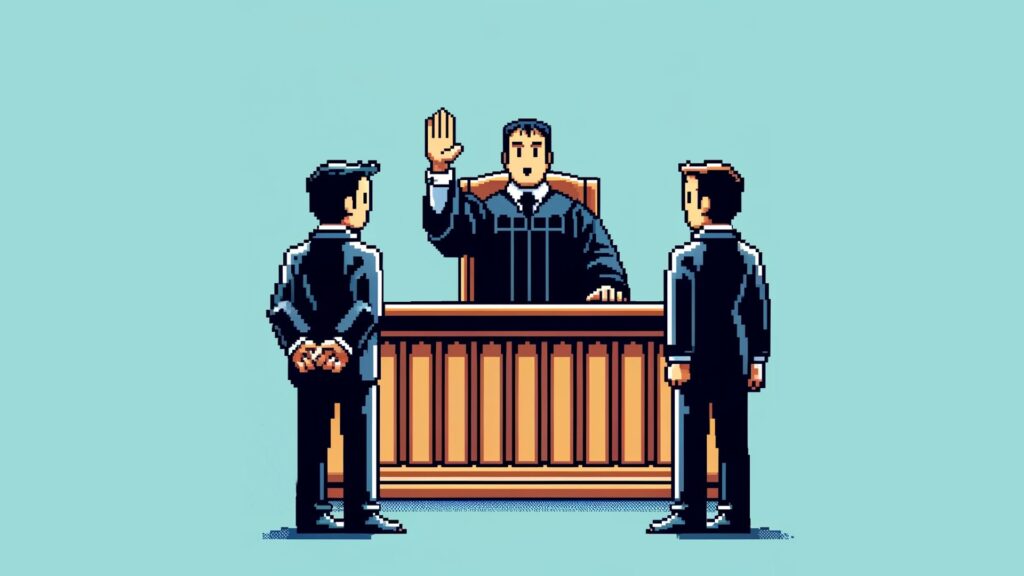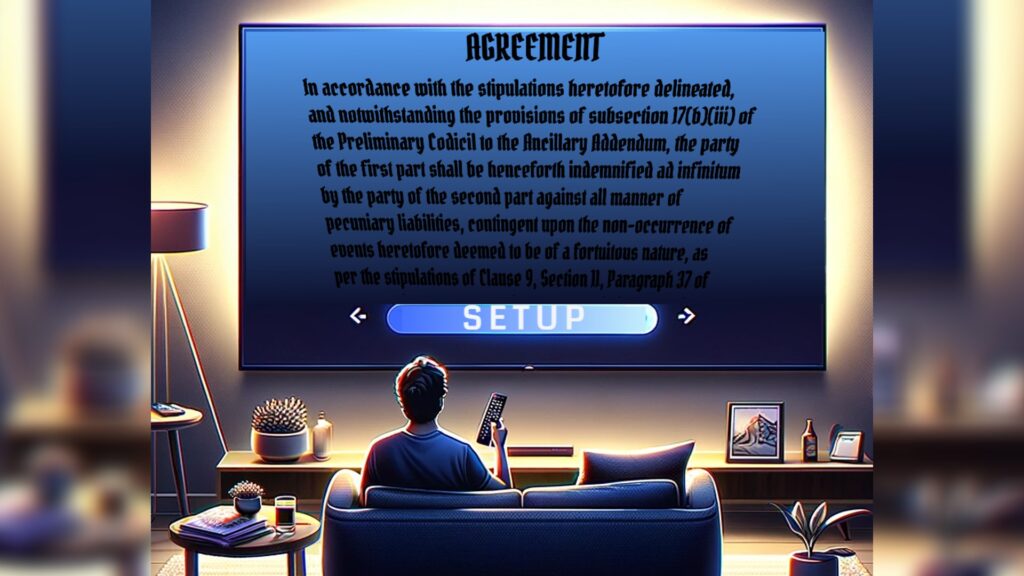
Plaintiff sued defendants YouTube and Google for breach of contract, claiming that defendants violated their Terms of Service by removing and restricting plaintiff’s uploaded content without prior notice or cause. Plaintiff argued that defendants’ actions went against their agreement, which governed plaintiff’s use of the platform and the operation of plaintiff’s channels.
Defendants moved to dismiss plaintiff’s breach of contract claim, which the district court treated as a motion for summary judgment. The court granted the motion, finding that the Terms of Service clearly allowed defendants to remove content at their discretion. Plaintiff sought review with the Second Circuit. On appeal, the court affirmed the dismissal.
The appellate court noted that defendants’ Terms of Service explicitly reserved the right to take down content that violated their policies or posed potential harm. The agreement also stated that defendants would notify users after content was removed but did not require prior notice or a detailed explanation before taking action. Plaintiff received an email explaining that defendants removed content for serious or repeated violations of their Community Guidelines, which the court found sufficient under the contract’s terms.
On appeal, the pro se plaintiff did not present specific arguments against the district court’s decision. Instead, plaintiff repeated claims from the original complaint and attempted to introduce new allegations, including violations of intellectual property rights and his right to free speech. The appellate court declined to consider these new arguments because they were not part of the original case. Given the unambiguous contract terms, the court ruled that defendants had not breached the agreement and upheld the lower court’s ruling in favor of defendants.
Three reasons why this case matters:
- Clarifies platform control – The ruling reinforces that social media companies have broad discretion under their Terms of Service to remove user content.
- Limits user challenges – It highlights the difficulty users face when challenging content moderation decisions through breach-of-contract claims.
- Confirms contract enforcement – The case affirms that courts will uphold clear contractual terms, even if users feel the enforcement is unfair.
Qian v. YouTube, LLC, 2025 WL 582785 (2d Cir. Feb. 24, 2025)









